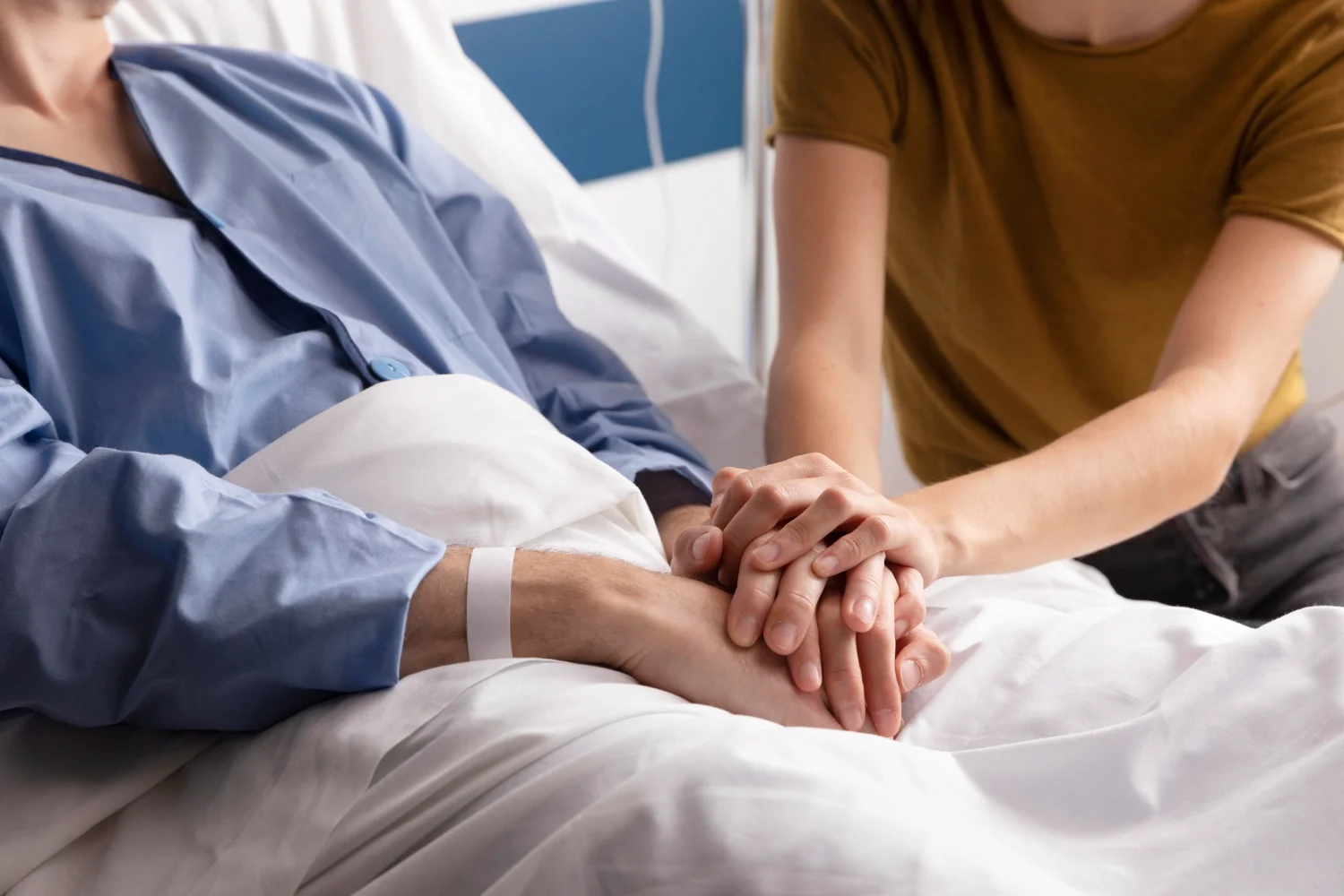13 Best Alcohol and Drug Rehabs in Bowling Green, KY 2025
Uncover the premier alcohol and drug rehab centers in Bowling Green, Kentucky. Browse through 22 local treatment facilities that provide inpatient, outpatient, and detox services.
Use advanced search filters to refine your options by payment methods, amenities, specialty programs, and more to find the perfect treatment tailored to your specific needs.
13 Treatment Centers in Bowling Green, KY
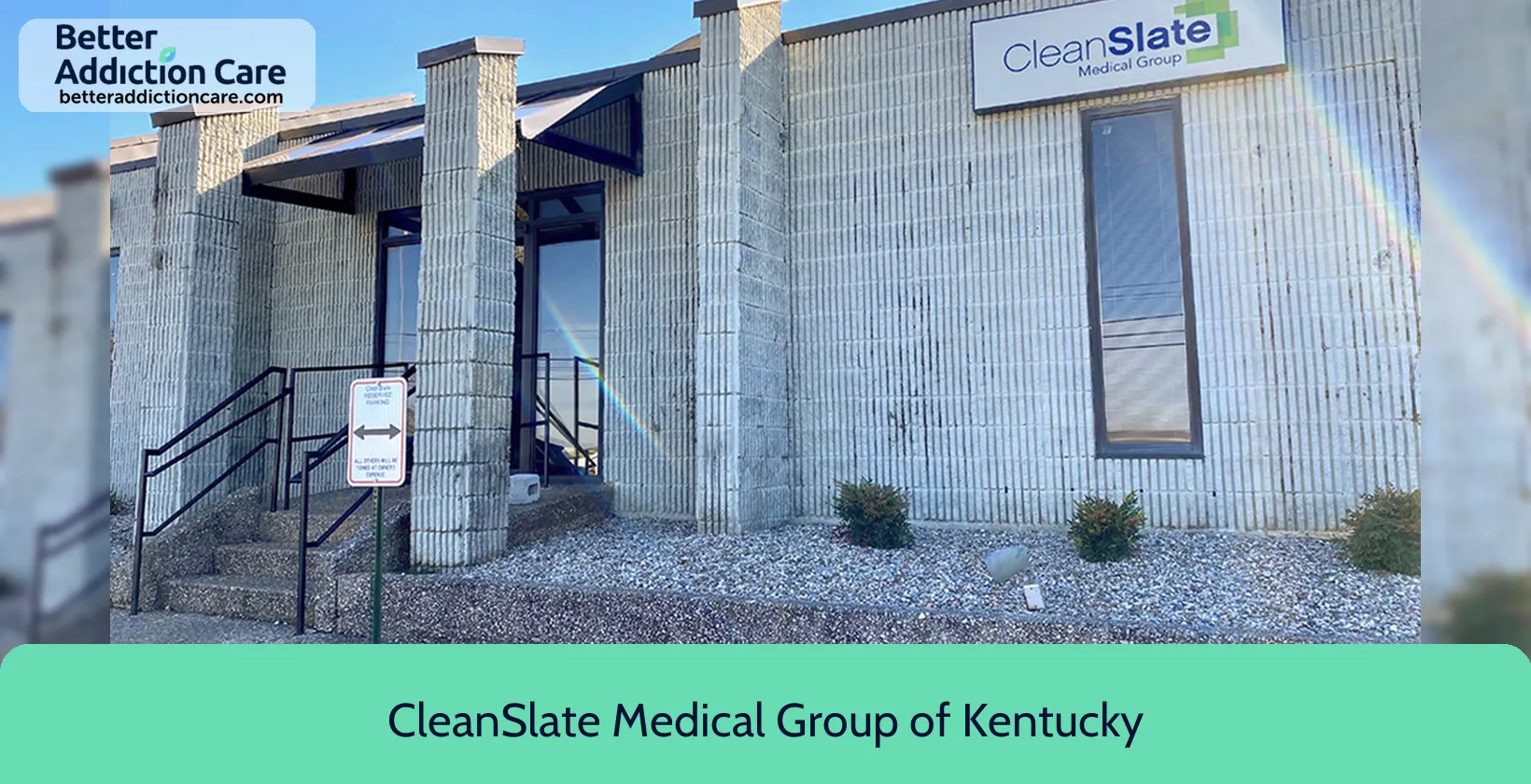
6.96
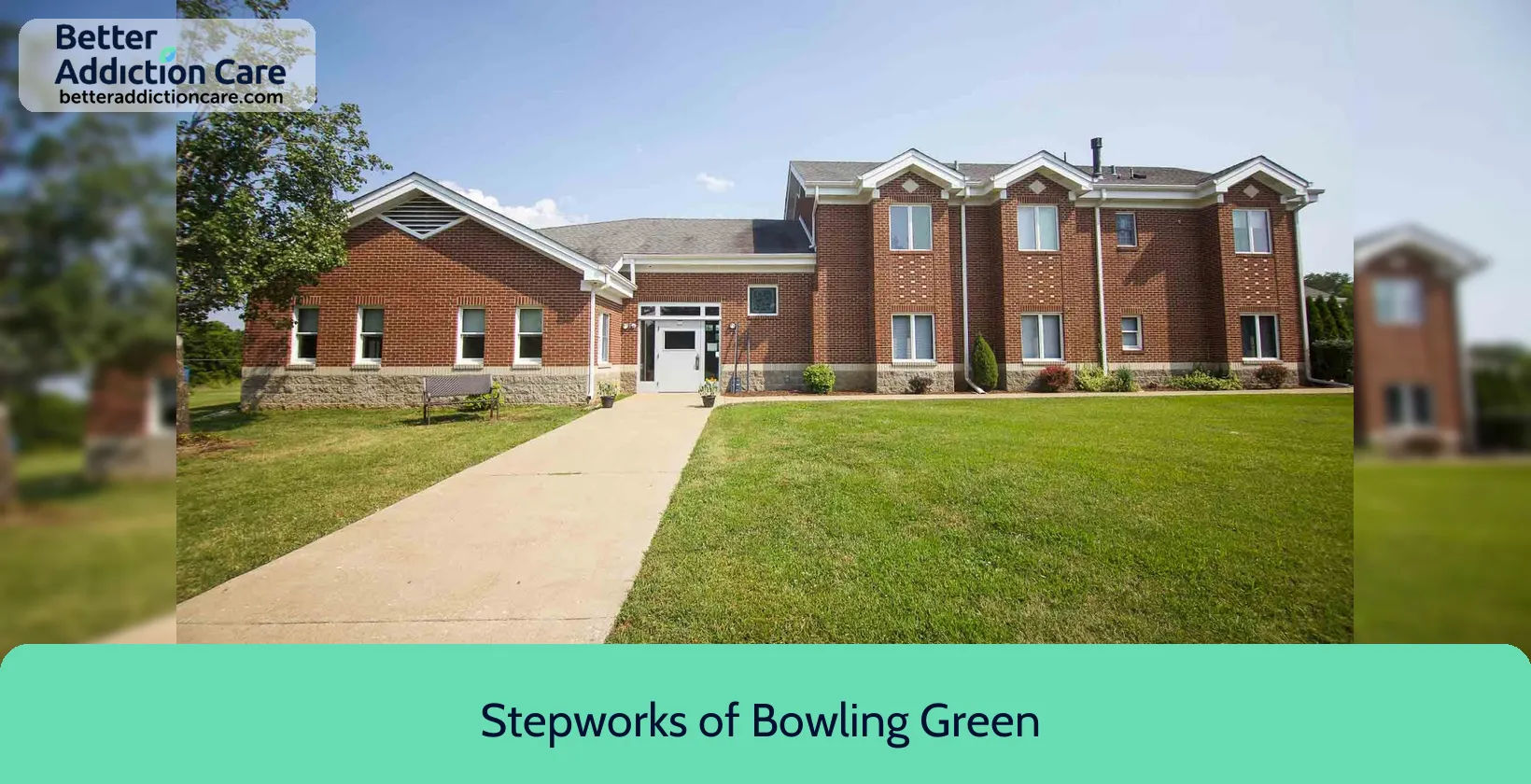
7.68
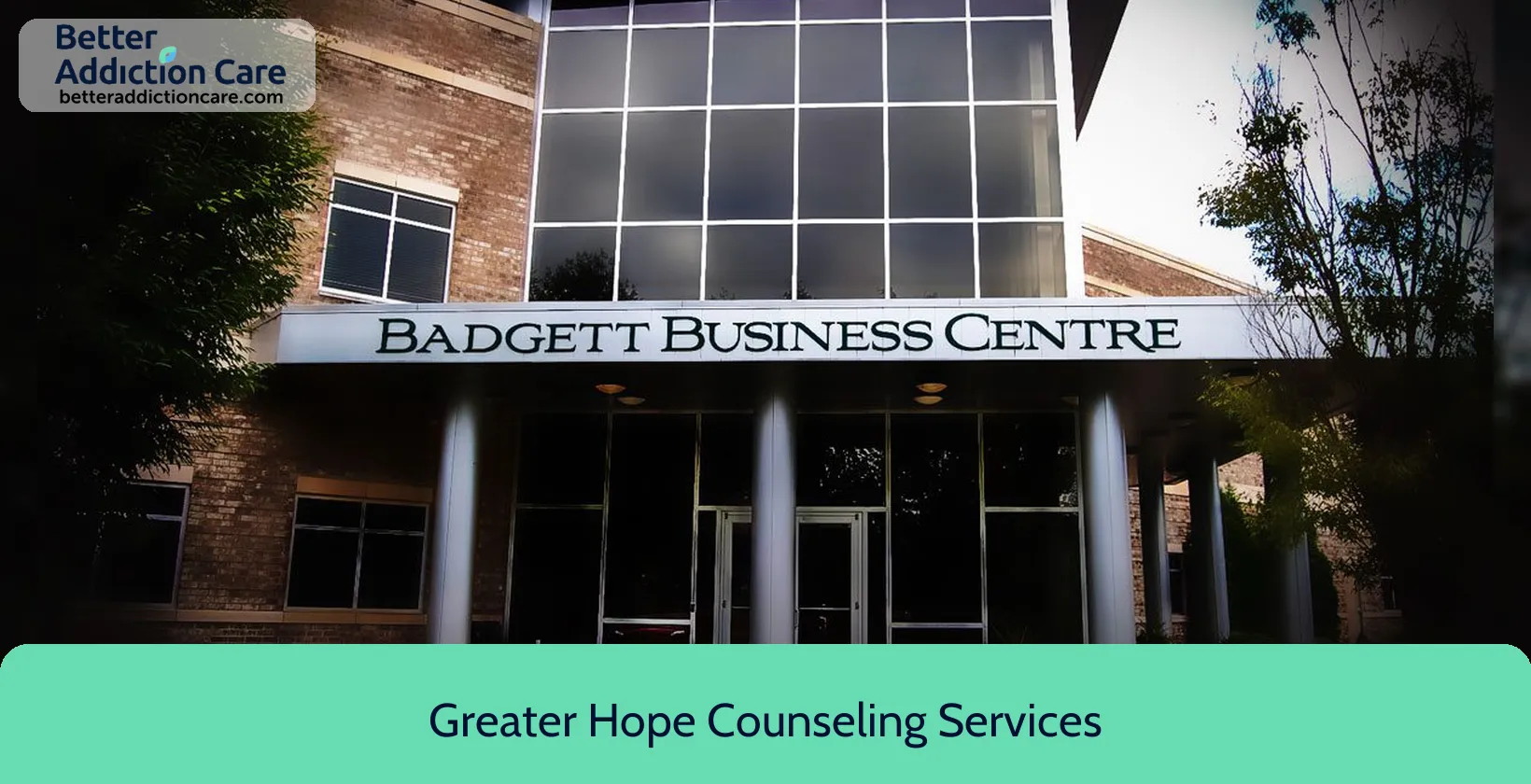
6.92
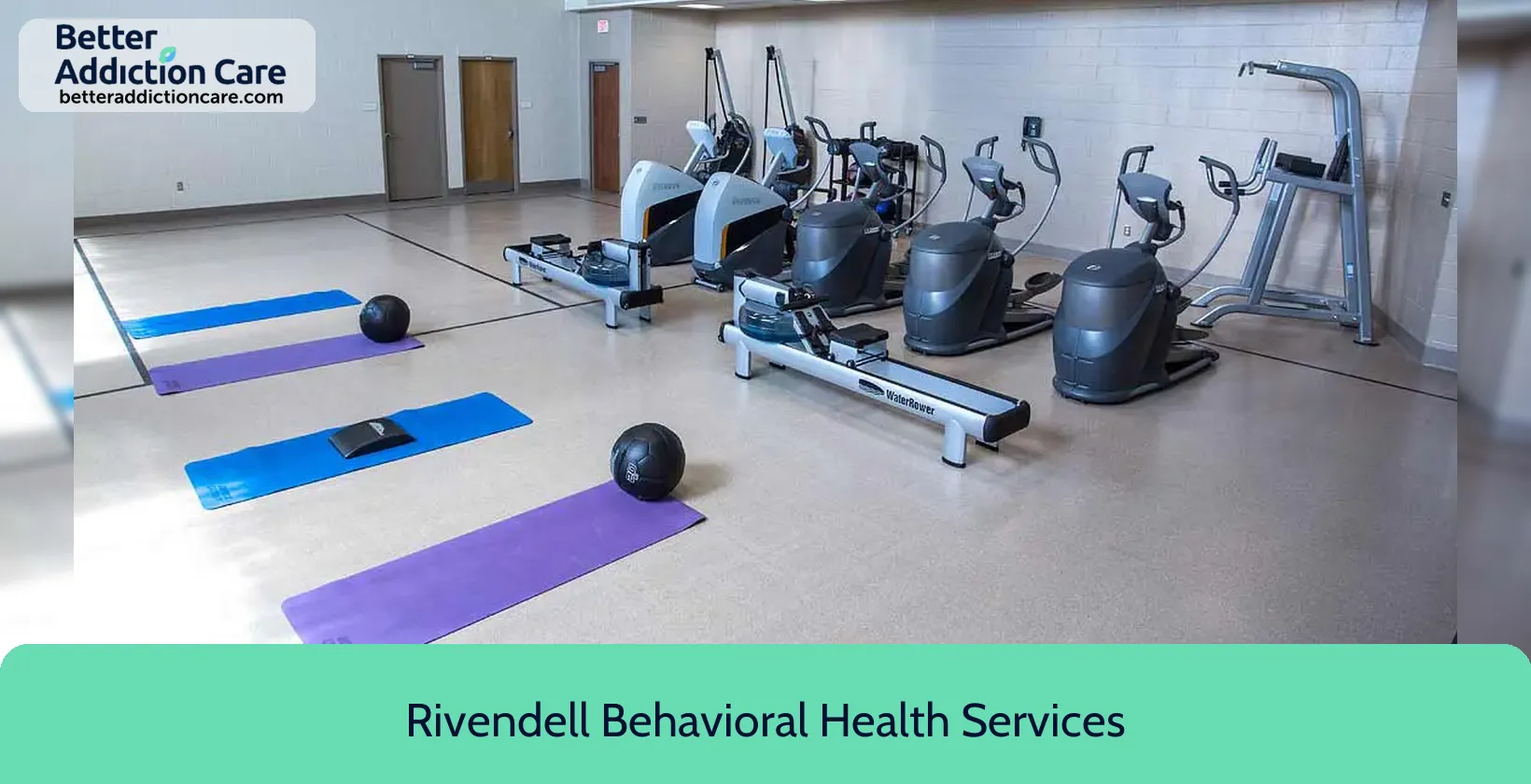
7.66
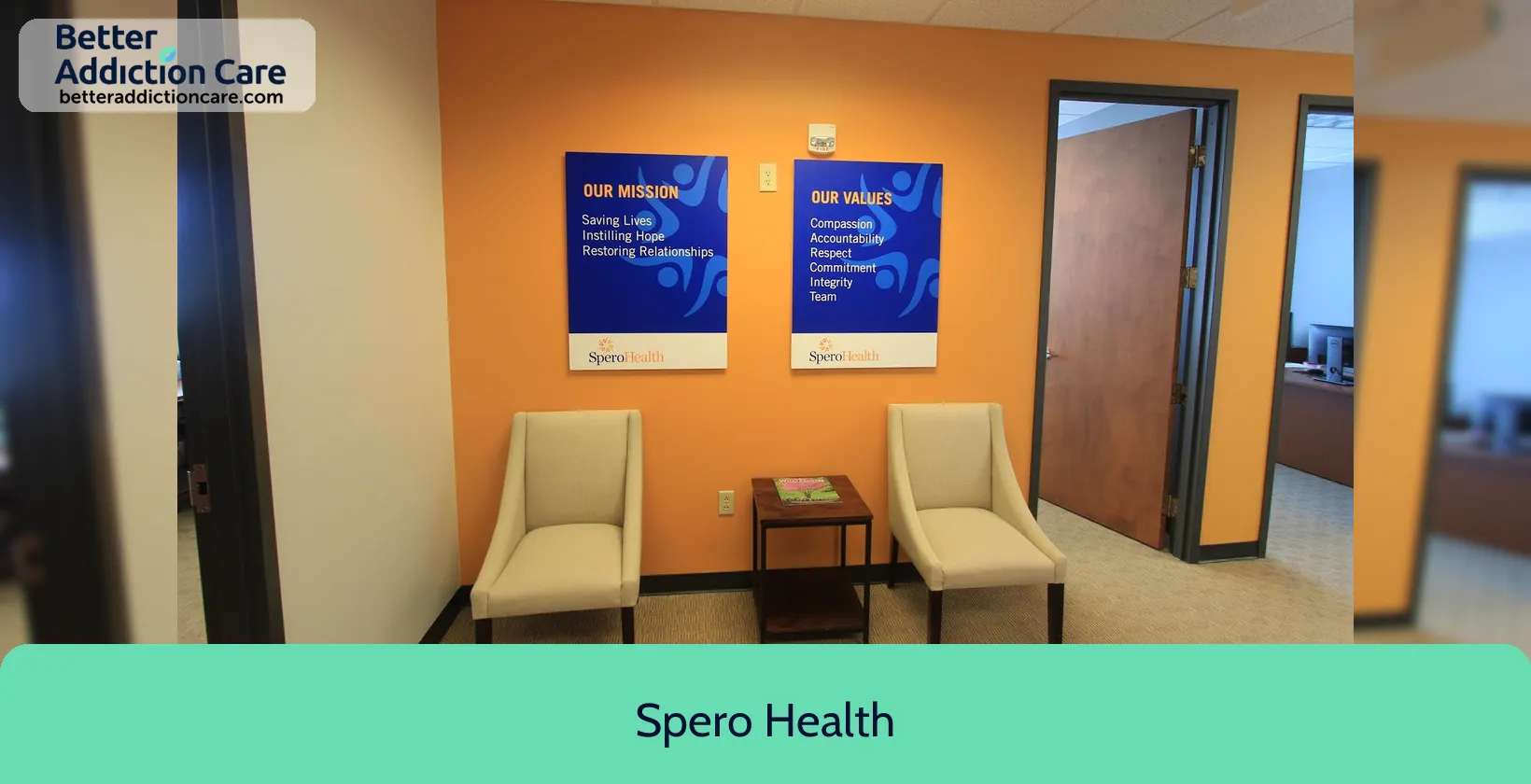
7.39

6.74

7.66

6.77

6.86

6.68

7.28

6.94

6.92
